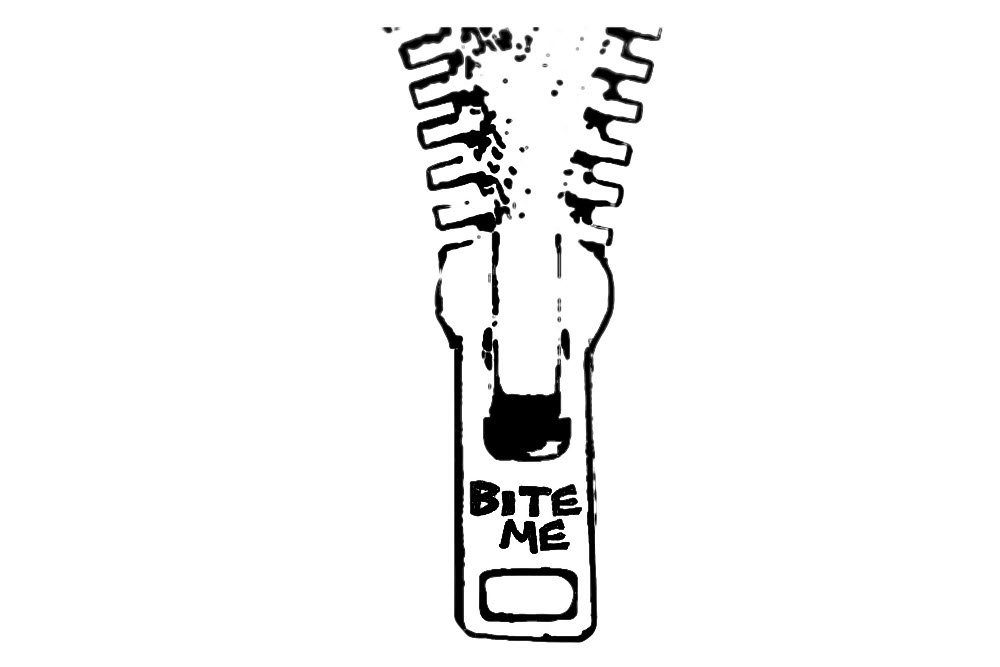(1) One heavy weight zipper.
Used for 10-inch (25 cm) diameter openings, which is big enough for a housecat (or determined raccoon) to get through.
Very few (possibly no) backpackers need a zipper of this size, or know how to use one safely.
Originally based on sixteenth century British artillery regulations, zipper size was directly related to the size of the shot carried in ammunition bags.
A number three zipper was used for four-pounders, a number five zipper was adequate for 18 pounders, and so on.
These shot bags, ammunition bags, or ball sacks as they were popularly known, were quite a lot like modern bowling ball bags, except that they were canvas, held a dozen balls when full, required a crew of six to carry, were used under fire, and had no clever handles.
Cannons, at the time this system was established, maxed out at a ball weight of 42 pounds (19 kg), and that was for a diameter of 6.68 inches (17 cm).
The 10 inch ball (or shot), as you can imagine, remained purely hypothetical, as it would have been impractically large and heavy.
Though impressive.
Another way of saying it is that a 10-incher would have been something to write home about.
Even to your mother.
If you claim that you need a number 10 zipper, for anything, let alone backpacking, then you are blowing serious smoke from your muzzle.
(2) But seriously, a zipper whose width when zipped closed is 10 millimeters. Likewise for number three zipper, number five zipper, and so on. This definition is no fun at all. Truth is too often like that.
Have anything worth adding? Then try sosayseff@gmail.com
Me? Only have a learner's permit.
Etc...
so says eff: sporadic spurts of grade eff distraction
definitions: outdoor terms
fiyh: dave's little guide to ultralight backpacking stoves
boyb: dave's little guide to backpacks
snorpy bits: nibbling away at your sanity
last seen receding: missives from a certain mobile homer
noseyjoe: purposefully poking my proboscis into technicals
